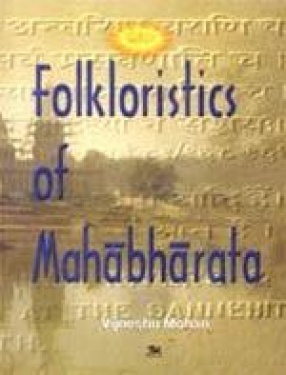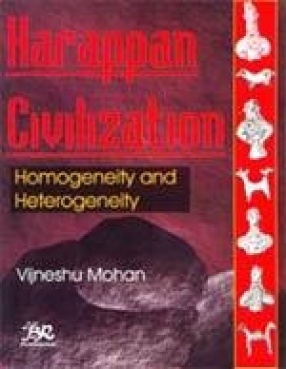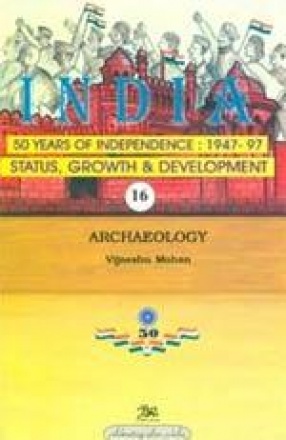

The discursive tension between theory and data creatively constitutes the desideratum for archaeology to mature as a scientific discipline. Archaeology is gradually being empowered to imaginatively predict backwards and develop encouraging multilineal cultural specific theoretical foundations. Here lies its relevance. As multi-disciplinary or inter-disciplinary approaches improve the data-sets, explicit efforts are being made to propound malleable historicist ...

The Mahabharata narrative invariably leaves an indelible impression and is deeply entrenched, in the psyche of the people, far and wide. The primarily oral narrative appeals to the attentive audience. However, confronted with the narrowly unsetting current departure from the traditional, the Mahabharata, too, is often mistakenly viewed with traces of suspicion. The unfounded skepticism primarily emanates from treating the entire Mahabharata as purely mythical or ...

The book opens with a discussion on the historiography of the Harappan archaeology. One chapter, conventionally, incorporates a discrete review of the relevant pottery typologies. Details of selective important sites are given for discerning readers. Separate independent chapters deal the art, architecture, craft activities/specializations, trade and chronology, in the light of fresh researches. The volume critically evaluates or enumerates the homogeneity ...

Archaeology has rapidly developed as a nature field of scientific enquiry into the past, from its obscure beginnings as a purely 'fact-grubbing antiquarian' discipline. Chapter 1 gives an exhaustive introduction. Chapter 2 reviews the latest developments in the field of archaeology with a special reference to the Indian contexts and advocates a strong case in favour of the improvement in data retrieval techniques to form foundations for the empirical testing of ...
